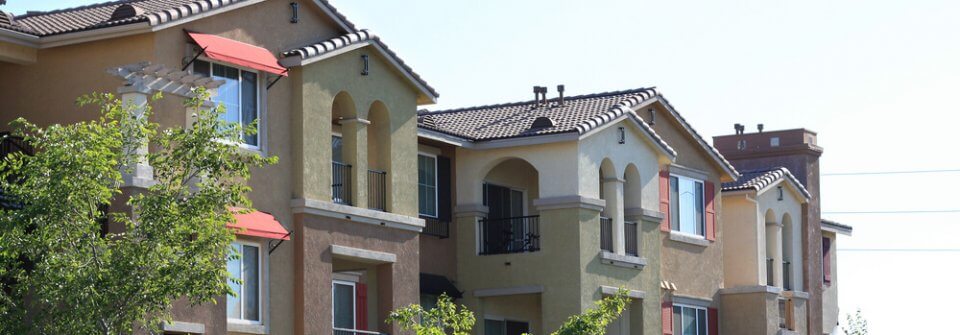
Rental property can be a very profitable investment. Just as with any investment, though, protecting it with the proper insurance is essential, and if you’re a landlord, that means you should have landlord insurance. Shopping for a policy can be confusing, though, especially if you’re not sure what you’re looking for. Getting the right coverage is a lot easier when you have the right knowledge, and that starts with answering the question, “What does landlord insurance cover?”
What is Covered by Landlord Insurance?
You know insurance is important. You have it for your car, your home, your health, and if you own rental property you might also be asking yourself, “Do I need landlord insurance too?” The short answer to that is probably “yes,” but knowing what it does for you will help you to understand why. So here are some of the important protections that a good landlord insurance policy provides.
- Property damage – In your own home, your homeowners insurance is there to pay for damage to your property from disasters like fires. If you’re renting out a home, though, a homeowners policy probably won’t cover those things anymore. Landlord property insurance covers damage to your rental property in a similar way. In addition to the home itself, detached buildings like a garden shed or a detached garage are also covered.
- Liability – When tenants get hurt on your property, you could be held liable for their injuries. They may even try to sue. Landlord liability insurance is the coverage that protects you in these circumstances.
- Loss of income – If your rental property is damaged in a covered event, it could result in the property being temporarily unlivable. If that happens, you are of course unable to collect rent. Your landlord insurance policy can cover this loss and pay you the missed rent while the property is being repaired.
Optional Coverage
In addition to the typical coverage mentioned above, some insurance companies have optional riders available to provide additional coverage:
- Building code coverage – Building codes sometimes change. If your rental requires a repair, you might need to bring it up to the current building code, and this can be costly. Building code coverage is intended to cover this additional expense.
- Non-occupied dwelling endorsement – Some landlord policies will not cover claims that occur after a 30-day or longer vacancy. This endorsement makes sure that your property is still covered while the property is vacant.
- Heating or air conditioning loss reimbursement – If the heating or cooling ever goes out, requiring you to make payments to your tenants, having this coverage will ensure that you are reimbursed.
What’s Not Covered?
No insurance policy can cover everything. Here are the things that aren’t typically covered by landlord home insurance:
- Personal property – Your tenants’ belongings aren’t going to be covered by your landlord policy. For that, they’ll need to have their own renters insurance.
- Repairs – Regular maintenance and repairs aren’t going to be covered, so if a dishwasher breaks, that’s your responsibility.
- Earthquakes, floods, and water backup – As with a typical homeowners policy, these events won’t usually be covered by landlord insurance either, although you might be able to purchase optional coverage for these events.
What Next?
Knowing what the insurance covers and doesn’t, it’s time to start shopping for a policy. There are plenty of companies that will be happy to give you a landlord insurance quote, but finding the right coverage for you should be about more than cost. Always consider the reputation of any insurance company before you make your choice. Check with your state’s Department of Insurance and with the Better Business Bureau for any complaints. Check companies’ ratings with A.M. Best, Moody’s, and Standard and Poor’s.
Once you find the right company and the right policy for your needs, you’ll probably be pleasantly surprised to find that landlord insurance cost is not much more than a typical homeowners policy. Once the coverage is in place, while you’ll hope to never need it, you’ll be glad it’s there.
Make sure you and your property are protected with landlord insurance. Freeway can help you find the best rates and coverage available with a policy that is tailored to your specific needs. Request a free landlord insurance quote online or over the phone at 800-777-5620.


